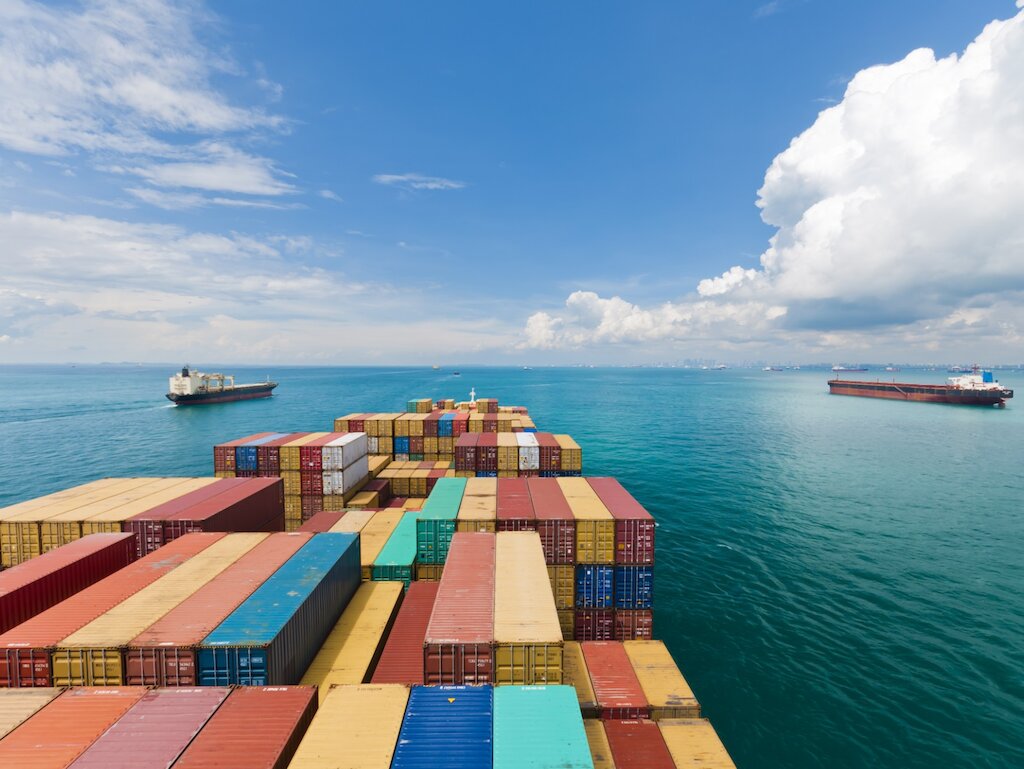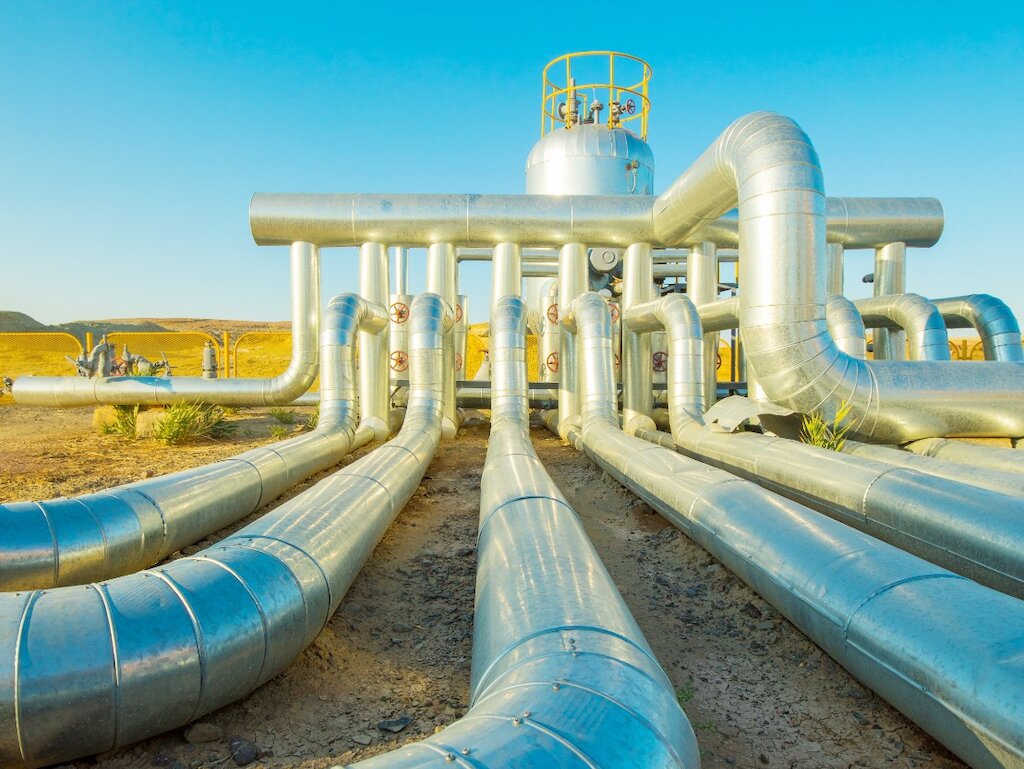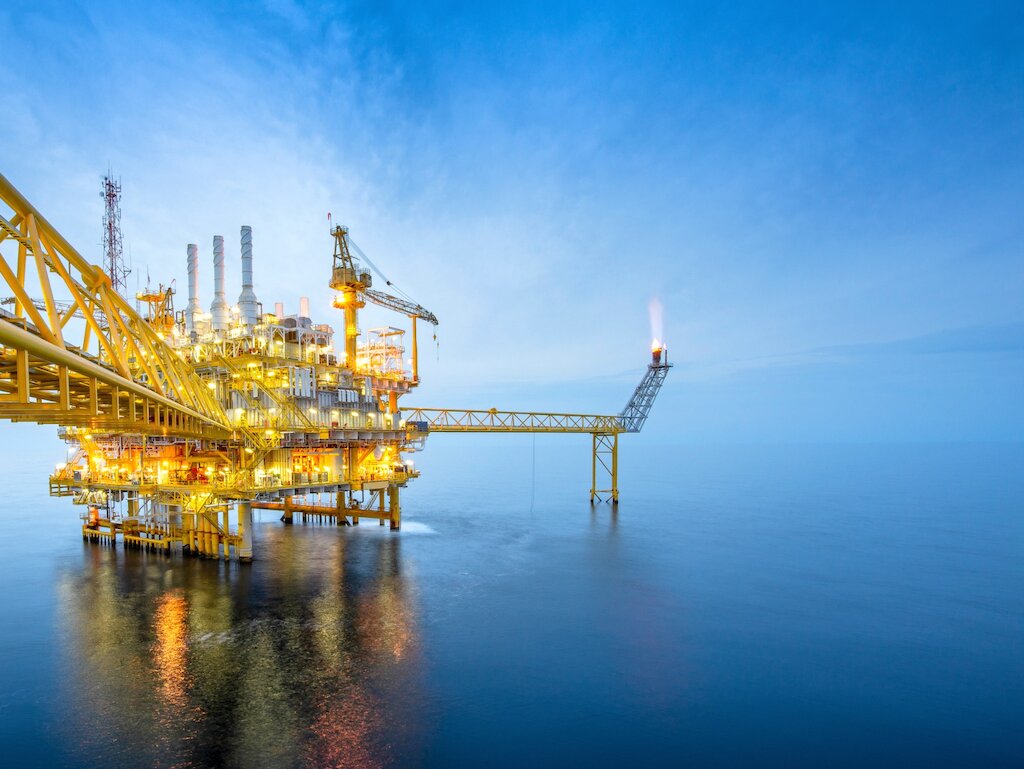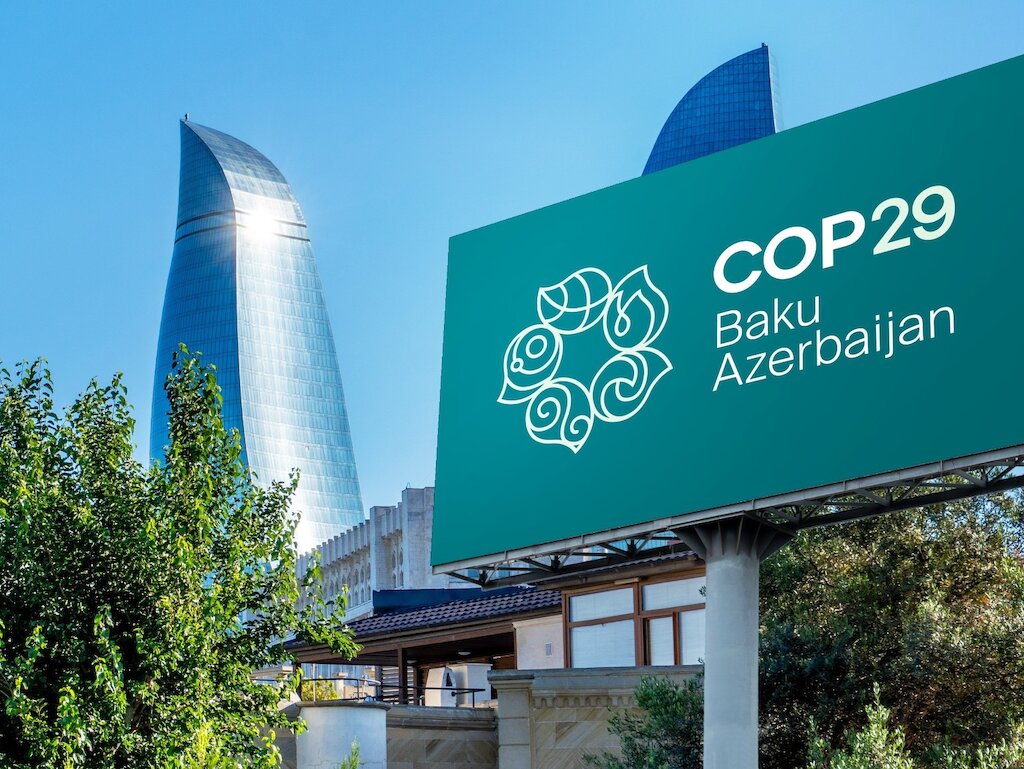Rapid evolution of satellite, drone and sensor technologies is enabling better detection and quantification of methane emissions. However, which combination of new and established detection and quantification technologies is most effective in a given setting is yet to be determined- what works well for an onshore site in the desert, for example, could be different from the optimal solution for an offshore platform in windy weather.
To address that, OGCI, IOGP and Ipieca have launched a joint project to develop a common set of recommended practices for methane emissions detection and quantification technologies, applicable to the upstream oil and gas industry.
Led by an IOGP taskforce of industry experts, the project will be conducted by an experienced team from SLR International, in association with Colorado State University, Harrisburg University of Science and Technology and The University of Texas at Austin. A range of independent experts will be involved during the project.
Funded by OGCI and IOGP, the first phase of the project - with a target publication date in June 2021 - will focus on how to apply different combinations of detection technologies to:
- enable more effective mitigation of methane emissions
- improve identification of large methane emissions and understanding of their frequency and persistence
- explore the use of detection observations to improve emission inventories
A second phase, currently under consideration, would focus on recommended practices for improving the quantification of methane emissions. The project will build on the best practices guides published by Methane Guiding Principles, and add practical details to facilitate deployment.
Commenting on the joint project, Ipieca Executive Director Brian Sullivan said, 'As a low carbon dispatchable energy source, natural gas is an important part of the energy mix and will play an influential role in the energy transition.
'To fulfil its role in the energy transition, we must reduce methane emission from operations, infrastructure and transportation.
'Working in partnership with OGCI, IOGP and leading academic institutes in the field, Ipieca will contribute its knowledge and expertise to continue to help the industry reduce methane emissions across the whole supply chain.'
'Our organisations and academic partners bring a wealth of knowledge to this timely project,' said Wendy Brown, Environment Director at IOGP. 'It will help our members implement more robust monitoring, reporting and verification schemes, such as the OGMP 2.0 Reporting Framework, due to be launched this month; and MRV is one of the pillars of the EU Methane Strategy, whose publication is imminent.'
'Reducing methane emissions is a top priority of OGCI and its members. We're proud to be collaborating with IOGP and Ipieca to improve detection and quantification of methane emissions,' said Rosanna Fusco, OGCI Executive Committee Methane Champion, and Head of Climate Strategy and Positioning at Eni. 'The more we can work together and agree on common practices, the greater impact we can have in reducing emissions across our industry.'



